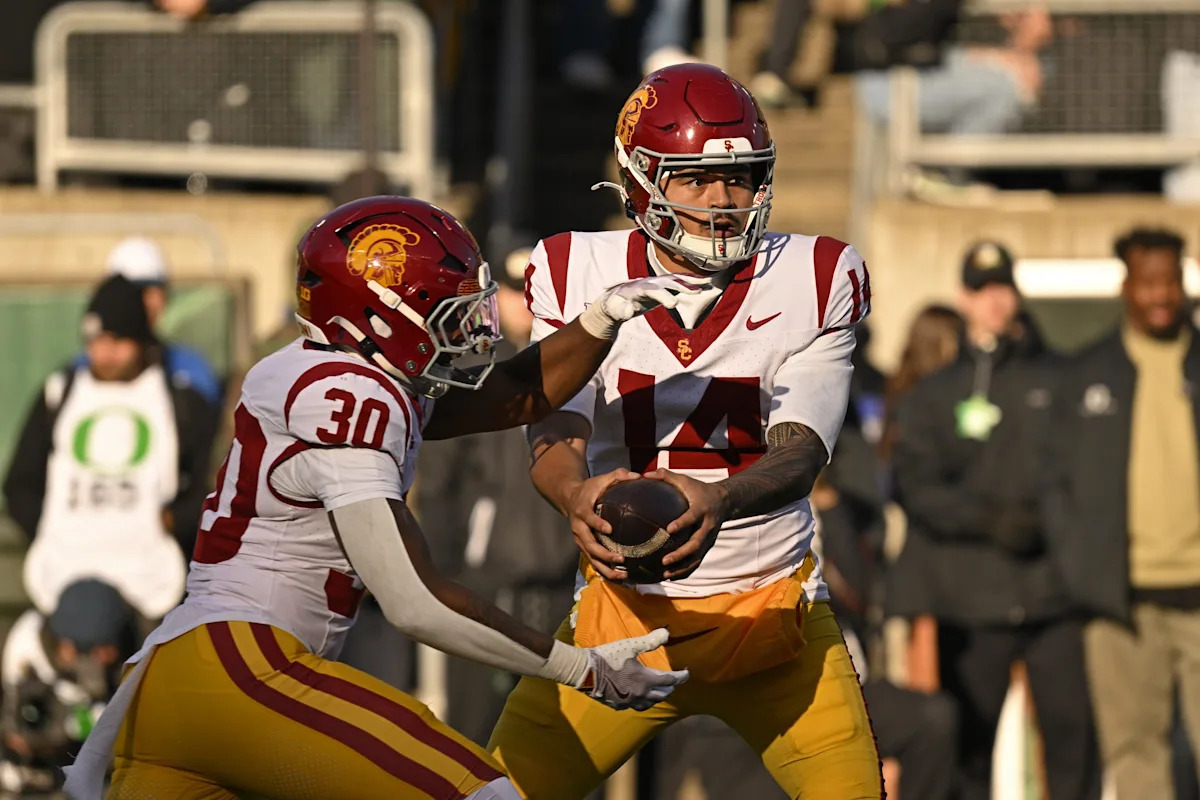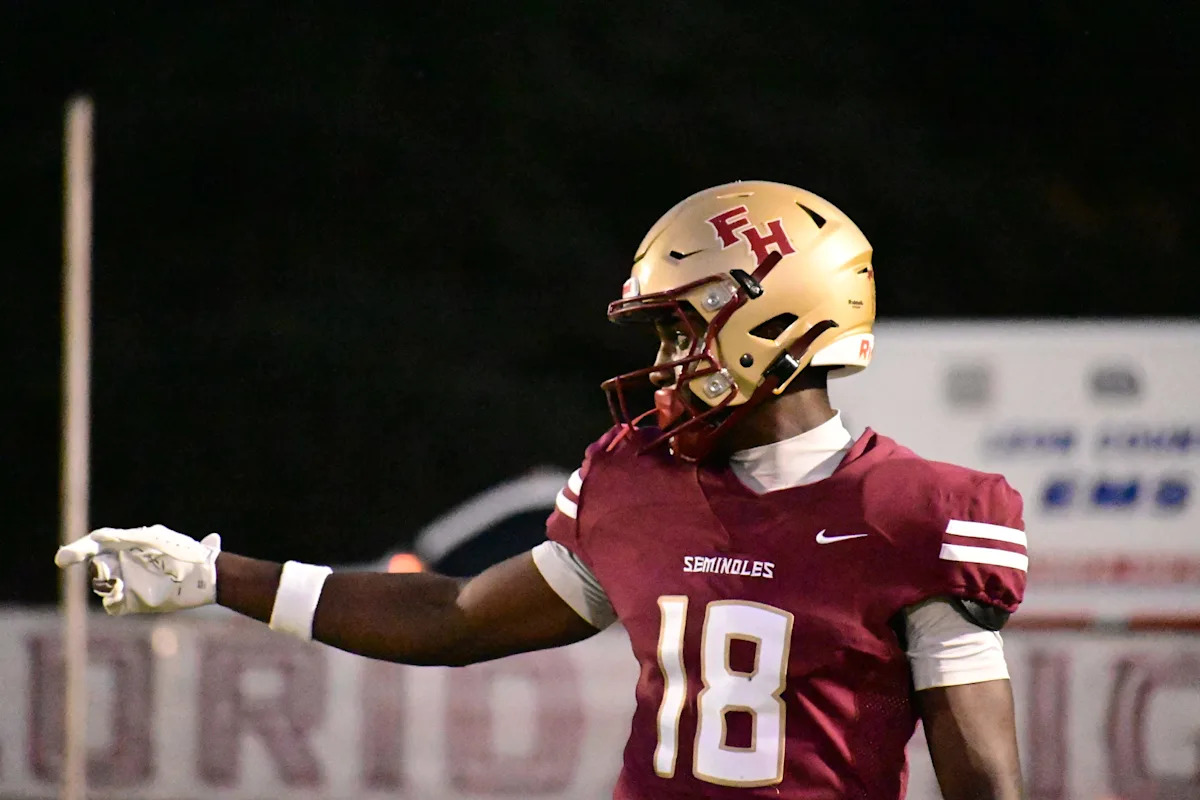The mixed martial arts world paused to honor a true original as “The Predator” Don Frye celebrated his 60th birthday on Sunday. Born on November 23, 1965, in Sierra Vista, Arizona, Frye isn’t just a relic of MMA’s wild early days—he’s a living testament to the grit, charisma, and unyielding spirit that helped forge the sport into the global juggernaut it is today.
From tournament triumphs in blood-soaked cages to Hollywood cameos and pro wrestling spectacles, Frye’s life has been a high-octane blend of combat, showmanship, and sheer survival.
Happy Birthday to one of favorite people in the world-The LEGEND Don Frye! pic.twitter.com/xLhra9HnVZ
— MMA Roasted (@MMARoasted) November 24, 2025
From Arizona Dust to the Octagon: Humble Beginnings and a Meteoric Rise
Frye’s path to MMA stardom was anything but scripted. A high school wrestling standout at Buena High in Sierra Vista, he carried that tenacity to Arizona State University, where he trained under future UFC legend Dan Severn. But Frye was no one-trick pony. After college, he dabbled in professional boxing, compiling a modest 2-5-1 record from 1989 to 1990, including a first-round knockout debut. Life then took a practical turn: Frye became an emergency medical technician and firefighter in Bisbee, Arizona, and even worked in a psychiatric ward—until he broke a patient’s arm while restraining him, prompting a swift exit.
The call of combat proved irresistible. In 1995, Frye helped train Severn for the Ultimate Ultimate 1995 tournament, whetting his appetite for the no-holds-barred chaos of early MMA. He burst onto the scene at UFC 8 in February 1996 in Bayamón, Puerto Rico, entering the openweight tournament as one of just two fighters (alongside Marco Ruas) versed in both striking and grappling.
Frye’s rookie year was nothing short of legendary. He embodied the “anything goes” ethos of ’90s MMA, blending wrestling, boxing, and raw aggression into a blueprint for the well-rounded fighters who would follow. His UFC record stood at an impressive 6-1 early on, but controversy loomed: Frye was briefly barred from firefighting and local training gyms due to the sport’s then-illicit reputation.
Pride, Wrestling, and the Fight of the Century: A Global Icon Emerges
By 1997, Frye hung up his MMA gloves to chase the spotlight in professional wrestling, signing with New Japan Pro-Wrestling (NJPW). As one of Japan’s top “gaijin” (foreign) heels, he headlined massive events, including a Tokyo Dome clash against Antonio Inoki that shattered gate records. Frye’s mustache-twirling bravado and brawling style made him a star, but the events of September 11, 2001, pulled him back to MMA with a vengeance. Donning a stars-and-stripes persona, he joined Pride Fighting Championships, where he went undefeated for eight years against elite competition.
Pride was Frye’s canvas for immortality. A 2002 slugfest with Yoshihiro Takayama at Pride 21 earned accolades as one of MMA’s greatest fights. The two traded haymakers for minutes on end in a display of mutual respect and bone-crunching violence that left fans chanting for more.
Frye’s overall MMA record settled at 20-9-1 (1 NC), a testament to longevity in an era without weight classes or rules. He retired for good in 2011 after a Gladiator Challenge bout at age 46, but not before dipping into K-1 kickboxing and Hero’s. Off the mat, Frye traded punches with Hollywood: He played the no-nonsense Captain Douglas Gordon in Godzilla: Final Wars (2004), FBI agent Clarence Hurt in Michael Mann’s Public Enemies (2009), and even popped up in Miami Vice. His gravelly voice and rugged charm made him a natural for stunts and voiceovers, while Japanese commercials (like one for Nissin Foods’ UFO yakisoba) cemented his cult status abroad.
A Lasting Roar: Frye’s Enduring Impact at 60
Inducted into the UFC Hall of Fame in 2016, Frye’s legacy transcends stats. He was MMA’s everyman hero—a firefighter who became a predator, a wrestler who bled authenticity, an actor who punched above his weight. In an era of TikTok knockouts and sponsorship deals, Frye’s mustache and mayhem remind us of the sport’s raw origins. As he blows out 60 candles, Don Frye isn’t fading; he’s mentoring from the sidelines, his gravelly laugh echoing through podcasts and panels.
Happy birthday, Predator. You’ve outlasted cages, comas, and critics. Here’s to many more rounds—may they be as fierce and unforgettable as the man himself.

























.webp?ssl=1)

